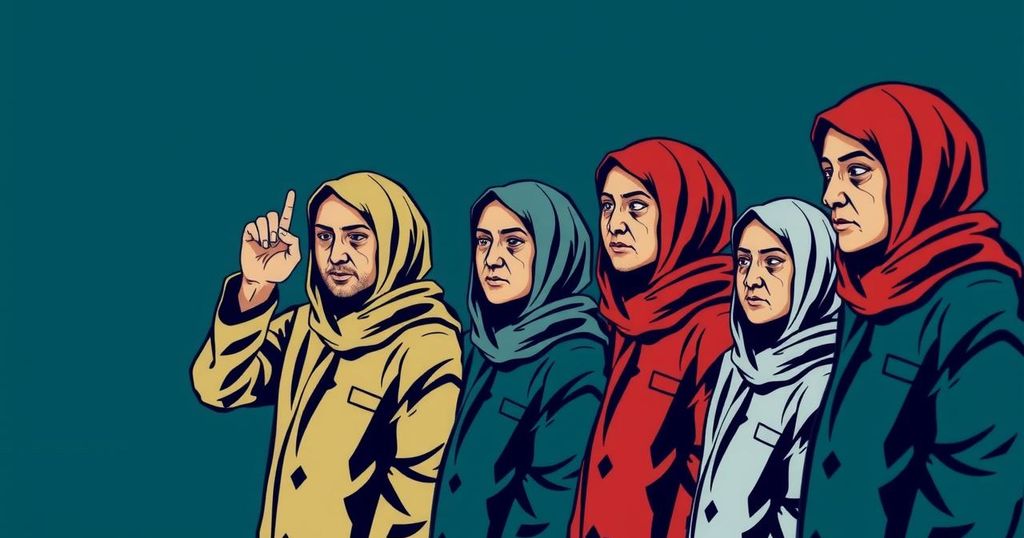The Imperative of Muslim Civic Engagement in the 2024 Election

The article explores the critical role of civic engagement for the Muslim community in Minnesota in the context of the 2024 election. The author emphasizes the importance of participating in both state and local elections, advocating for Muslim political empowerment to combat Islamophobia and address community needs. Reflecting on personal experiences, the narrative argues against political disengagement and highlights successful initiatives that result from collective voting efforts, positioning the election as a pivotal moment for effecting meaningful change.
The 2024 election represents a critical juncture for the Muslim community in Minnesota, a community that has experienced heightened division and conflict in recent months. For many, this election is about more than merely casting a vote; it signifies the necessity of asserting our political power in order to influence policies that directly affect our lives and the future of our children. Having immigrated from Kenya to Minnesota in pursuit of a better life, I have learned the integral role of civic engagement and the responsibility that comes with exercising one’s rights as a citizen. Despite my newfound citizenship and the privilege of voting in my first election, I find myself disheartened by the tendency within my community towards political disengagement. The current climate has ushered in voices advocating for abstaining from voting altogether, underlining a troubling trend that sees some East African men rallying behind candidates who promote narratives laden with intolerance towards Muslims and immigrants. As I consider the future I hope to provide for my five-year-old son—a future unmarred by religious discrimination or socio-economic insecurity—I recognize the importance of voting as a tool for meaningful change. Moreover, our focus must not solely rest on national elections; state and local races hold significant potential to address immediate local issues. The ongoing conflict in Gaza, alongside the rising tide of Islamophobia, calls for us to remain actively involved in the political process, reflecting the urgent need for our community’s voices to be heard. The time has come to redefine our approach to elections. Rather than seeking out ideal candidates, we must work to hold elected officials accountable for their actions. Engaging in the electoral process will empower us to confront the challenges our community faces, including the eradication of Islamophobia and the promotion of equitable policies that reflect our values and aspirations. In Minnesota, we have witnessed the success of Muslim voters, who played a pivotal role in securing a DFL trifecta in the state legislature in 2022. This success translated into significant policy advancements, including a massive investment in affordable housing, the establishment of the Department of Children, Youth and Families, and universal school meal provisions. Yet, we must acknowledge that this is just the beginning of our work. This election cycle presents an opportunity to reinforce our political influence by electing representatives committed to addressing the needs of our community. We can support candidates like Abdi Daisane, who are dedicated to implementing policies geared towards enhancing educational and housing opportunities for Muslims and other marginalized communities. Our collective efforts will not only help dismantle the Islamophobic rhetoric pervasive among certain politicians but will also facilitate a culture of inclusivity and support. Together, by participating in the election process, we can set forth a vision for a Minnesota where every individual, regardless of their background, has the opportunity to thrive. Rather than succumbing to despair, let us engage actively to create a future that embraces diversity and fosters equity for all.
The article discusses the profound significance of the 2024 election for Minnesota’s Muslim community amidst rising political tensions and divisions. The author, who moved from Kenya to Minnesota, shares personal reflections on the importance of civic engagement and the challenges faced by the community ahead of the elections. The narrative calls for proactive participation in the electoral process, emphasizing the need for Muslims to assert their political power and influence state and local policies that address issues vital to their families and communities.
In conclusion, the 2024 election is not merely a procedural event but a significant opportunity for the Muslim community in Minnesota to assert its political agency. The power of the vote extends beyond the presidential race, touching local issues that impact day-to-day lives. It is imperative for the community to unite, engage, and elect representatives who will champion policies that reflect their needs and values. By stepping forward and participating in the electoral process, the community can work towards building a future that promotes equality, justice, and dignity for all individuals, ultimately countering the forces of division and intolerance. We must enshrine our voices in the democratic process, shaping the path ahead with intention and resolve.
Original Source: sahanjournal.com







